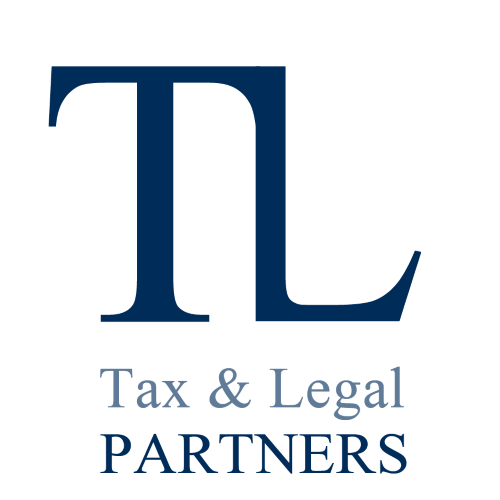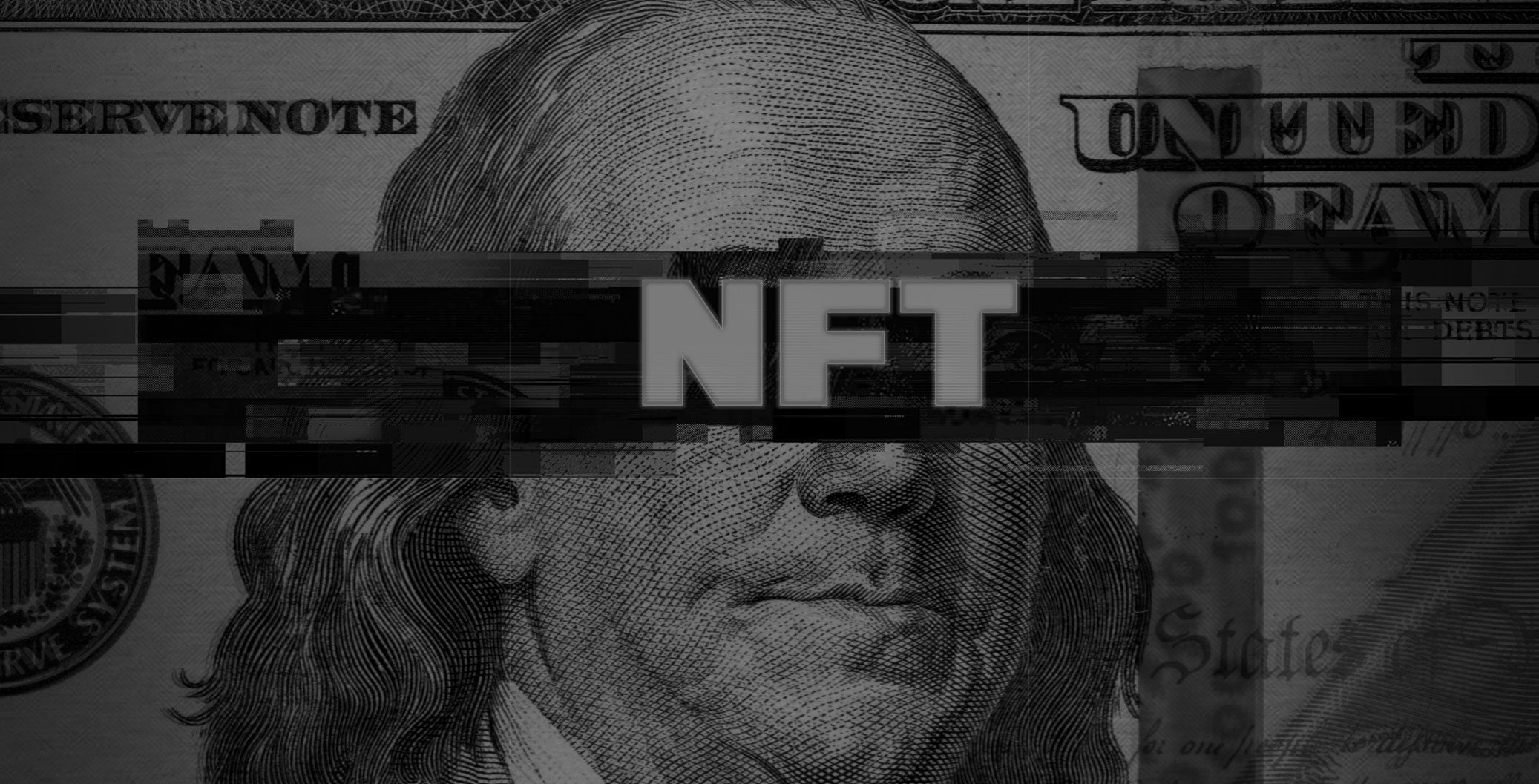2022 could prove to be a significant year to increase (even more) interest in the world of the metaverse and tokenization, as well as in particular on the so-called. NFT – Non Fungible Token.
These concepts – beyond the terminology used – are not easy to understand, above all because they consist in the translation of the real world into a real digital universe, little known as well as little regulated. In fact, the term metaverse[1] indicates a 3D digital world that welcomes all kinds of experiences and within which, by means of one’s own avatar, various of our daily activities can take place, typically carried out in the real world, such as watching concerts, going to the cinema, visiting museums, meeting people, shopping in a mall.
This world is closely connected to the phenomenon of tokenization and in particular to the so-called. NFT “Non Fungible Token”, i.e. unique (non-fungible) virtual assets (tokens) generally created to represent assets in digital format (digital works of art, collectibles on blockchain, properties in the virtual world) or to certify real physical properties on certain assets (cars, works of art, real estate…)[2], easily exchangeable – through dedicated platforms – on blockchain (i.e. a register that contains the history of the transactions carried out between the parties)[3].
In other words, these are digital assets generated on block chains (blockchain) that allow a digital object or a right relating to a physical asset to be uniquely identified and, moreover, to guarantee ownership of the same. In fact, through NFTs, one can acquire a property right over any unique asset, such as a deed for an object in the digital or physical realm[4].
As evidence of the strong uproar and the significant impact that these events are generating (and will probably continue to generate) on the world economy, the numerous and considerable investments that large multinationals are making in the digital universe and NFTs are highlighted. In particular, it is recorded that the major uses of these tokens have currently occurred in the most varied sectors such as art, sport, music, publishing, fashion and many others: it should be noted, in fact, that recently Coca -Cola has sold the NFT version of some vintage items, while Dolce & Gabbana has created a collection of physical clothes and jewels accompanied by the corresponding NFTs, just as Boeing has also expressed its willingness to enter the world of the metaverse to confirm itself among the giants of the aerospace sector [5].
But the element that most justifies the recent boom that non-fungible tokens have enjoyed all over the world seems to be represented by the vast public of investors involved since the creation, purchase, sale and exchange (for investment purposes) of an NFT would not be exclusive to only wealthy people.
However, despite being represented as the world of the future, it should be noted that, to date, this “universe” is difficult to understand for the investor, not only due to the complicated terminology used but above all due to the current absence of an adequate legal framework and an ad hoc fiscal discipline.
Given the above, this document is intended to act as a vademecum to analyze – at present – the legal and tax discipline reserved for NFTs.

